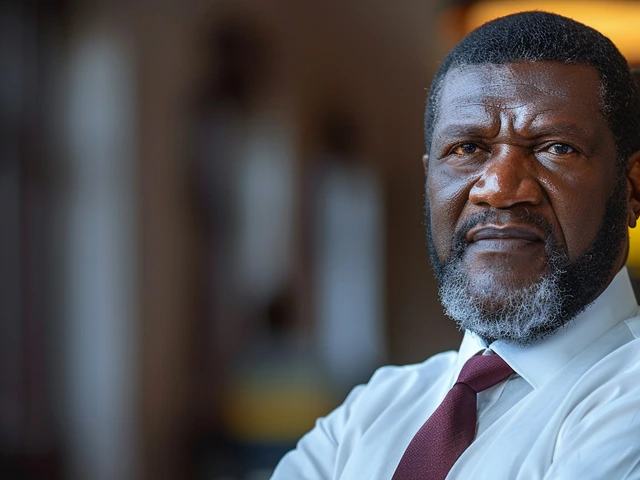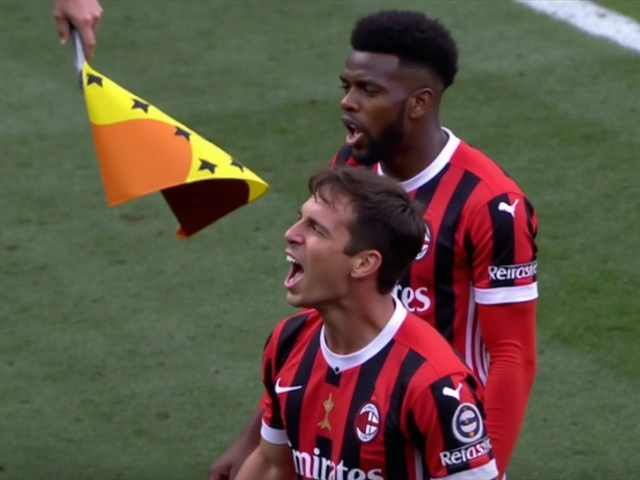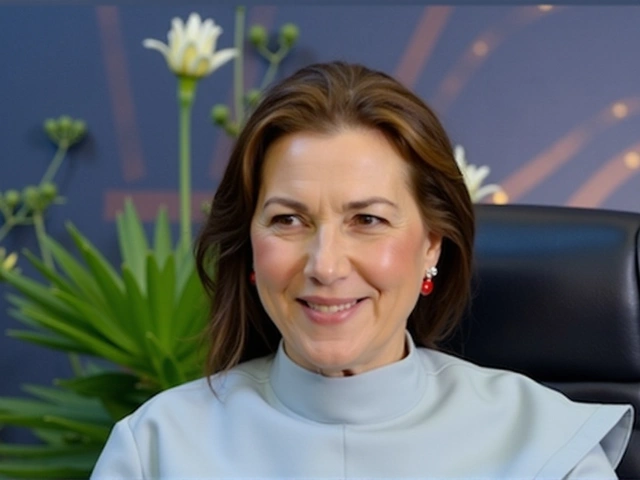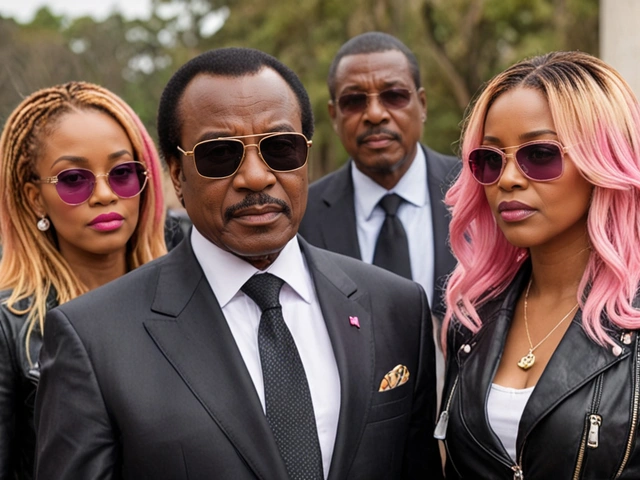A Nation at a Crossroads
France is once again at the center of a political whirlwind. Following a surprising defeat in the European Parliament vote, President Emmanuel Macron decided to call for snap elections. The defeat was stark: the far-right National Rally (RN), under Jordan Bardella's leadership, captured 31.4% of the vote, solidifying their alarming rise. Meanwhile, Macron’s Renaissance party only managed to secure 14.6%, a sharp blow to the president's grip on power.
The recent victory of the RN has caused unease throughout the country. Tens of thousands of protesters have flooded the streets, not just in opposition to the far-right party, but also expressing anger over Macron’s decision to call for snap elections. Diverse groups, from students to retirees, make up these demonstrations, reflecting a broad spectrum of society that feels alienated and fearful of what an RN-led government could mean. Justine, a student who joined the protests, voiced her concerns vehemently. 'The RN represents hate,' she said. 'They're rooted in racism and extremism, and their capitalist agenda threatens everything we hold dear, especially women's rights.'

The Fight for Unity
As the clock ticks down to the snap elections, scheduled in two rounds on June 30 and July 7, organizers from various left-leaning factions are racing to build a unified front. Their goal: to prevent the RN from seizing an absolute majority in the National Assembly—a scenario that would see Bardella potentially become prime minister. Philippe Marliere, professor at University College London, is skeptical about Macron's gamble. 'This move could backfire spectacularly,' Marliere warns. 'If the right-wing sentiment continues to swell, the RN could tighten their grip on power.'
Macron's own policies haven't helped his cause. Critics point to his immigration bill as evidence of a troubling alignment with far-right ideologies. Such actions have arguably normalized extreme views, making them part of mainstream political discourse. Rim-Sarah Alouane, a French researcher, contemplates these shifts with deep concern. 'The mainstreaming of the far-right in France didn’t happen overnight,' she notes. 'It’s the result of years of political rhetoric and policy decisions that have eroded democratic norms.'
Inside the Discontent
At the heart of the protests lies a deep-seated discontent with the current administration. Retiree Beatrice Chappedelaine attributes the rise of the RN to a mix of insecurity, poverty, and the perceived failings of Macron's governance. 'People are struggling,' Beatrice points out. 'They're tired of feeling unsafe, of living paycheck to paycheck, and they're losing faith in traditional politics.' These sentiments echo across many who, while dissatisfied with Macron, are equally apprehensive about a far-right future for France.

The Road Ahead
The upcoming snap elections are poised to reshape France’s political landscape. They represent an opportunity for the left to consolidate their efforts and present a viable alternative to Macron and the far-right. Unity, however, remains a key challenge. Fragmented left-leaning factions must find common ground to build a robust front against extreme ideologies.
The stakes couldn't be higher. If the RN wins an absolute majority, it could mark a seminal shift in French politics, with potentially far-reaching consequences for the country and Europe as a whole. As France stands at this critical juncture, its citizens are faced with choices that will define the nation's future. It is a battle not just for political power, but for the very soul of a nation grappling with its identity.















